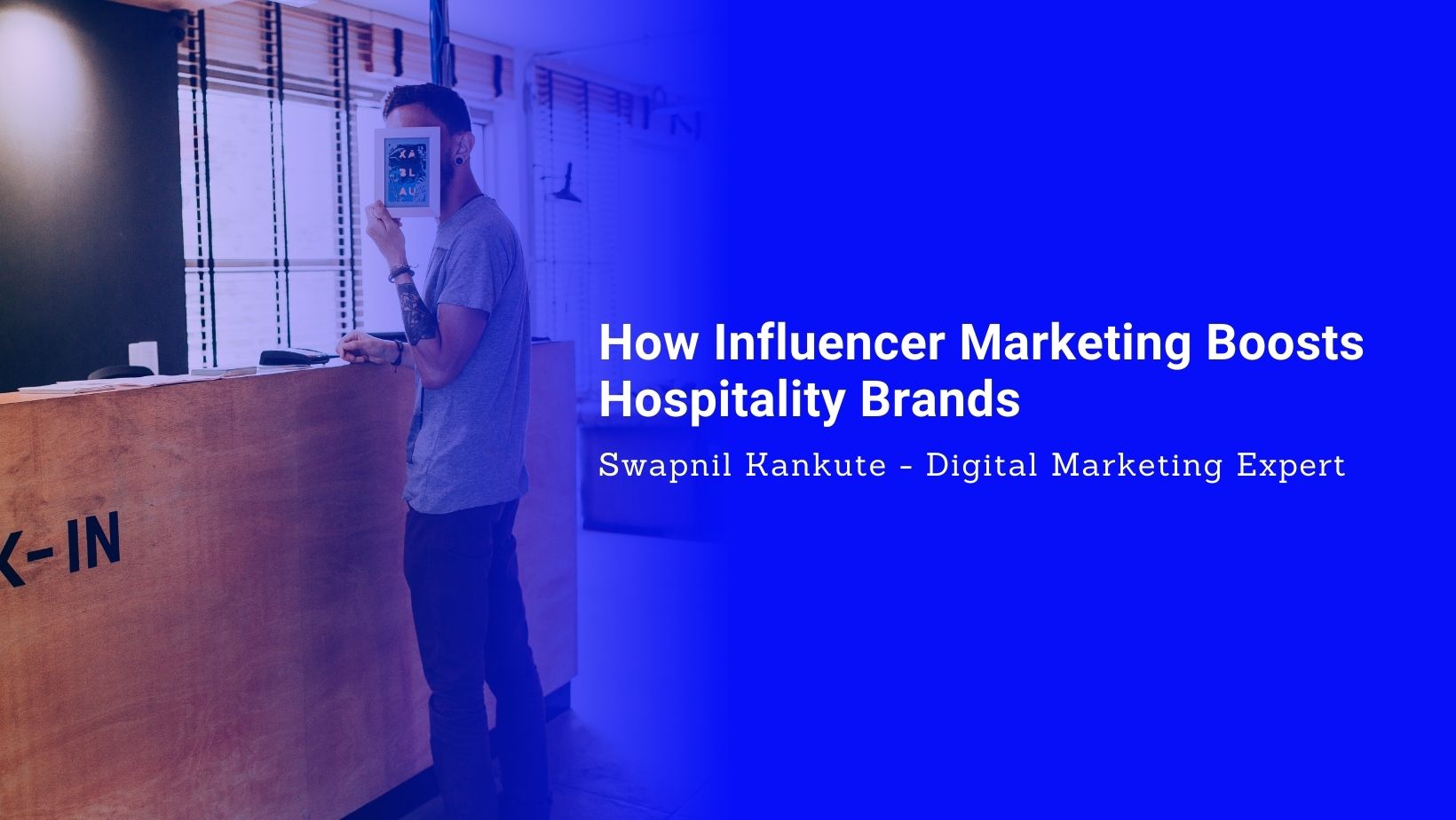In an increasingly digital world, the way consumers discover and engage with hospitality brands is evolving. Influencer marketing has emerged as a powerful tool for hotels, resorts, and restaurants to reach and connect with their target audiences. This blog explores how influencer marketing can boost hospitality brands and enhance their visibility, credibility, and ultimately, their bottom line.
Table of Contents
ToggleUnderstanding Influencer Marketing
Influencer marketing involves partnering with individuals who have a significant following on social media platforms, blogs, or other online channels. These influencers can sway their audience’s opinions and purchasing decisions, making them valuable allies for hospitality brands looking to expand their reach.
Why Influencer Marketing Matters for Hospitality Brands
- Enhanced Brand Awareness: Influencers have established credibility and reach within specific niches. Collaborating with them can significantly increase a brand’s visibility among potential guests who may not have been aware of the hotel or restaurant.
- Targeted Marketing: Influencers often cater to specific demographics or interests. This allows hospitality brands to target their marketing efforts more effectively, reaching audiences that are more likely to engage with their offerings.
- Authentic Engagement: Influencers create authentic content that resonates with their audience. When they share their experiences at a hotel or restaurant, it comes across as genuine, leading to higher engagement and trust.
- Social Proof: Consumers often look to the experiences of others when making decisions. Positive endorsements from influencers act as social proof, encouraging potential guests to choose a particular brand over competitors.
Strategies for Successful Influencer Marketing in Hospitality
1. Identify the Right Influencers
Choosing the right influencers is crucial for a successful campaign. Look for individuals whose values align with your brand and who have a genuine interest in travel and hospitality. Micro-influencers (those with smaller, highly engaged audiences) can often yield better results than larger influencers due to their authenticity and closer connections with their followers.
2. Craft Compelling Collaborations
Influencer partnerships should go beyond simple promotional posts. Consider offering unique experiences, such as exclusive stays, dining events, or behind-the-scenes tours. This not only provides influencers with rich content to share but also creates memorable experiences that they are excited to promote.
3. Leverage Multiple Platforms
Different influencers thrive on different platforms. Consider a multi-channel approach by collaborating with influencers who have a presence on Instagram, YouTube, TikTok, and blogs. Each platform offers unique opportunities for content creation, from stunning visuals to in-depth reviews.
4. Encourage User-Generated Content (UGC)
Influencers can encourage their followers to share their experiences as well, generating user-generated content that further promotes your brand. Create campaigns that encourage guests to post their own photos and stories using a specific hashtag, increasing brand visibility and engagement.
5. Measure and Analyze Results
To gauge the effectiveness of your influencer marketing efforts, establish clear metrics and KPIs. Monitor engagement rates, website traffic, and bookings resulting from influencer campaigns. Use this data to refine future collaborations and optimize your strategy.
Case Studies: Successful Influencer Marketing in Hospitality
1. Luxury Hotel Collaborations
Several luxury hotels have partnered with high-profile travel influencers to showcase their unique offerings. For instance, a luxury resort may invite influencers to experience their amenities, dining, and activities. The influencers share their experiences through engaging content, attracting high-end travelers seeking similar experiences.
2. Local Restaurant Promotions
Local restaurants often collaborate with food bloggers and social media influencers to promote new menu items or special events. By leveraging influencers with a strong local following, these restaurants can drive foot traffic and increase reservations.
Conclusion
Influencer marketing presents a tremendous opportunity for hospitality brands to connect with their target audiences authentically. By leveraging the influence and reach of social media personalities, hotels and restaurants can enhance brand awareness, drive bookings, and foster lasting relationships with customers.
As a certified digital marketing expert, I encourage hospitality businesses to embrace influencer marketing as part of their overall digital strategy. By choosing the right influencers, crafting compelling collaborations, and measuring results, brands can successfully navigate the ever-evolving landscape of hospitality marketing.



